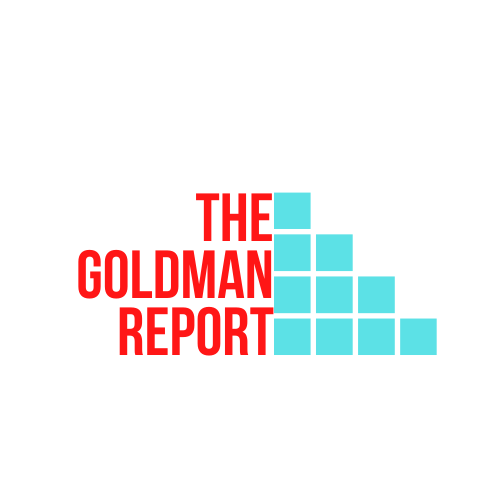In Australia, some openly celebrate fascism
Ustasha leader Ante Pavelic greeting his troops, 1943.
Two flags fly in front of a Croatian social club in a western suburb of Sydney, Australia.
One is the Australian flag, the other is the flag of the Independent State of Croatia, or NDH, a short-lived fascist puppet state governed by the Nazi-aligned Croatian Ustasa during World War Two.
A framed portrait of Ustasa dictator Ante Pavelic, who oversaw the mass murder of ethnic minorities including Serbs, Jews and Roma, is proudly displayed alongside maps of Croatia and portraits of Croatian generals and convicted Croatian war criminals.
Offered for sale are shirts and hoodies, in both child and adult sizes, emblazoned with the Ustasa emblem and the fascist battle cry “Za Dom Spremni!” (“Ready for the Homeland!)”.
Tens of thousands of Croats migrated to Australia after World War Two and the collapse of the NDH, when Croatia became part of the socialist Yugoslav federation under Josip Broz Tito.
As the Croatia of today, independent since 1991 and a member of the European Union since 2013, wrestles with a growing trend of historical revisionism and the glorification of the NDH, a similar trend can be seen among Croats in Australia, but often even more extreme than in Croatia.
Need for vigilance
In the 1960s and 1970s, multiple Ustasa offshoots were active in Australia, and groups such as the Croatian Revolutionary Brotherhood were responsible for a number of attacks against the Yugoslav migrant community.
Homes, businesses and churches were vandalised and Yugoslav consulates in Melbourne and Sydney were bombed. It is believed the Ustasa also recruited fighters in Australia to infiltrate Yugoslavia and agitate against the communist regime.
Dr Kristy Campion, a lecturer in Terrorism Studies at Australia’s Charles Sturt University who has researched the Ustasa’s activities in Australia in the 1960s and 1970s, said the attacks were originally treated as “a Yugoslav problem”, but drew greater attention the more violent and indiscriminate they became.
By the end of the 1970s, the Australian authorities had cracked down and the group was far less active, yet the Ustasa movement is still celebrated at Croatian social clubs and community centres across the country.
In Melbourne, a statue of Pavelic greets guests as they enter a local restaurant, along with an inscription that refers to him as ‘Poglavnik’ – the title Pavelic used and which roughly equates to ‘Fuhrer’.
A Croatian social club in nearby Geelong displays the official logo of the pro-Ustasa Croatian Liberation Movement, HOP, a far-right party founded by Pavelic, alongside a portrait of Pavelic himself.
A number of clubs regularly commemorate April 10, the day the NDH was established. An Australian politician, Craig Kelly, was forced to apologise after attending one such event in Sydney in 2014.
Croatia’s foreign ministry has condemned such events as “absolutely unacceptable”, and the Serbian ambassador to Australia said they were “morally monstrous”. But similar celebrations have been held in recent years in Melbourne, Geelong and Brisbane.
In 2017, Ante Juric, who serves on the committee at the Melbourne Croatian club and was appointed to the Croatian government’s Advisory Council for Croats Abroad, was criticised after he told Australia’s SBS radio that Pavelic was “one of the greatest Croats in history” and spoke positively of the NDH.
Former Croatian Prime Minister Jadranka Kosor weighed in on the controversy, telling SBS radio no one should dismiss the atrocities committed by the Ustasa.
But that didn’t stop Australia’s Croatian community from hosting an assortment of far-right figures in 2018, including journalist Igor Vukic and Croatian politician Zeljko Glasnovic, who have downplayed the crimes of the Ustasa regime.
In a speaking tour called “Croatia Uncensored”, Vukic, Glasnovic and others visited Croatian clubs around Australia to discuss a variety of controversial topics, including the “the myth and lies of Jasenovac”, a concentration camp established by the Ustasa in WWII.
The number of those who perished in the camp is regularly disputed by right-wing politicians and commentators in Croatia.
By Seb Starcevic
Original article is from: https://balkaninsight.com/2019/09/10/in-australia-some-croats-openly-celebrate-fascism/


